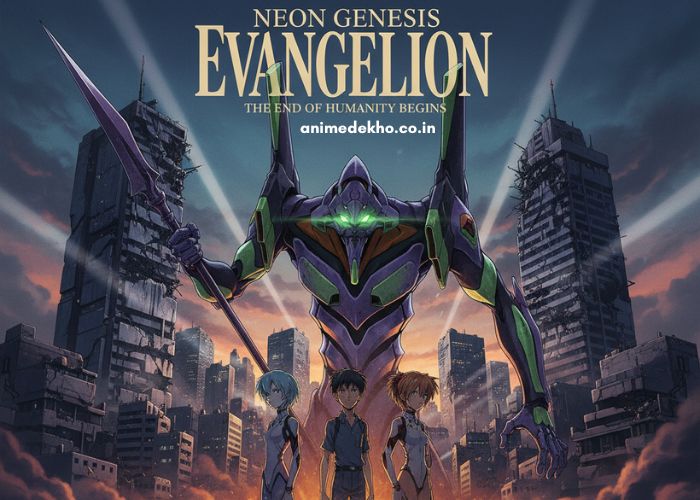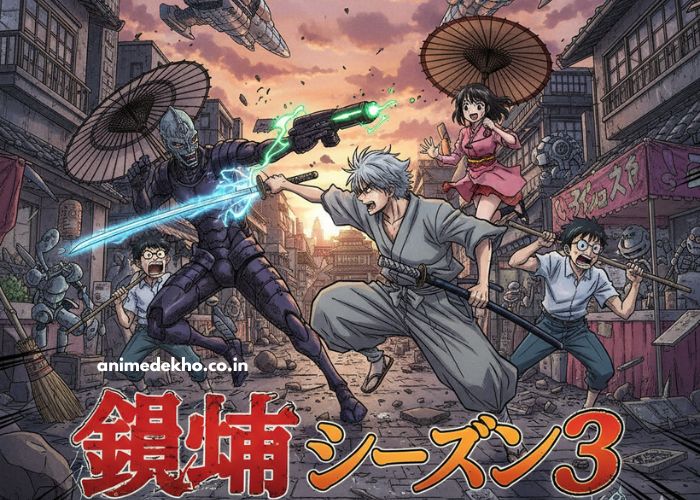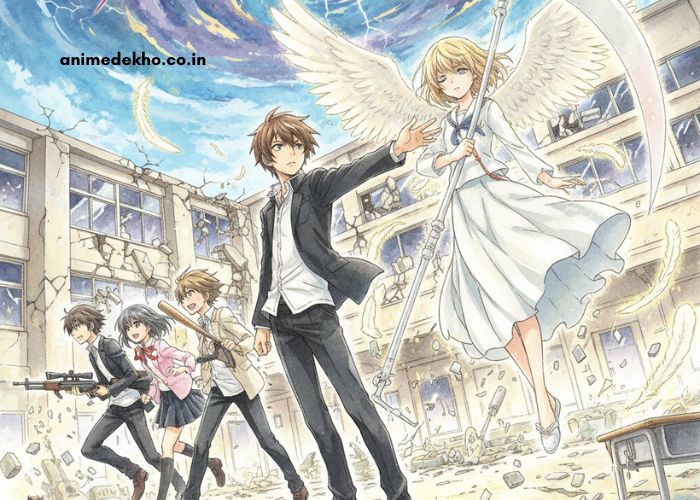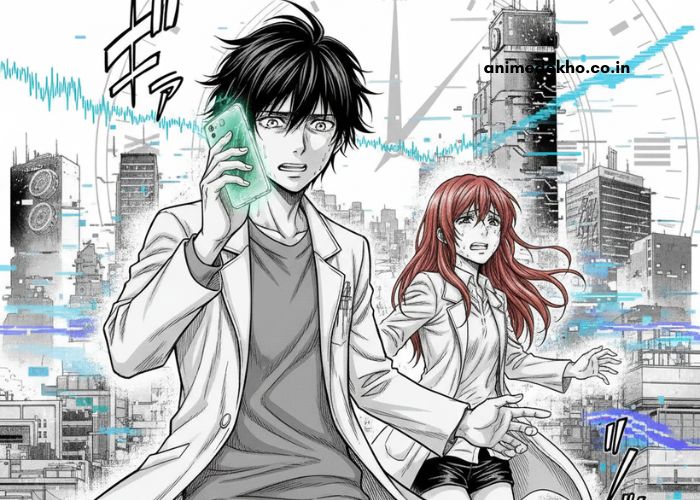| Point | Detail |
|---|---|
| Main Hero | Shinji Ikari |
| Main Conflict | Fighting Angels with Evangelion Unit-01 |
| Key Theme | Psychological struggle & survival |
| Important Ally | Rei Ayanami |
| Core Message | Human emotion and identity in crisis |
The Neon Genesis Evangelion manhua episode brings one of the most iconic Japanese series into illustrated form. Originally known as an anime masterpiece that redefined the mecha and psychological thriller genres, the manhua adaptation offers a refreshing perspective. It retains the depth, character development, and emotional struggles that made the original work a timeless classic while enhancing it with unique artistic expression.
In this article, we will explore the background, storyline, key characters, themes, and impact of this manhua episode while analyzing why it remains relevant for fans of both manga and anime worldwide.
Background of Neon Genesis Evangelion
Originally created by Hideaki Anno and produced by Gainax, Neon Genesis Evangelion first appeared as a groundbreaking anime series in the mid-1990s. Its popularity soon led to adaptations across various media formats, including the manhua (Chinese-style manga).
The manhua adaptation focuses on the same narrative core – the struggles of Shinji Ikari, a reluctant pilot chosen to control the bio-mechanical Evangelion units to fight against mysterious beings called Angels. However, the manhua brings subtle differences in storytelling, pacing, and character interactions, giving readers a chance to experience Evangelion in a new light.
Storyline of the Episode
This episode highlights Shinji’s inner conflict as he is thrust into a world of responsibility, fear, and emotional turmoil. Unlike traditional mecha tales, the story is not just about battles but about the fragile human psyche.
-
Shinji Ikari is recruited by his estranged father, Gendo Ikari, to pilot Eva Unit-01.
-
The episode reveals the mysterious invasion of Angels, who threaten humanity’s survival.
-
Alongside fellow pilots Rei Ayanami and later Asuka Langley Soryu, Shinji must face terrifying battles.
-
Themes of loneliness, identity, and acceptance surface as Shinji struggles to reconcile with himself and his role.
The manhua presents this with a strong emotional core, focusing not only on action but also the intricate psychology of its characters.
Key Characters
Shinji Ikari
The central protagonist who embodies themes of self-doubt and reluctant heroism. His emotional journey drives the episode.
Rei Ayanami
A mysterious pilot with calm, detached behavior. Her connection to the Evangelion project raises deep questions about existence and identity.
Gendo Ikari
Shinji’s father and the commander of NERV. His cold, calculated personality adds layers of complexity and tension to the story.
Asuka Langley Soryu (later episodes)
A fiery pilot whose presence adds contrast and sparks with Shinji’s introverted nature.
Major Themes in the Episode
-
Psychological Conflict – More than a battle against Angels, it’s a war inside the minds of the characters.
-
Human Fragility – Shinji’s struggles reflect the vulnerability of human emotions and the difficulty of acceptance.
-
Existential Questions – The episode raises concerns about humanity’s purpose, relationships, and the meaning of survival.
-
Action & Symbolism – While battles are intense, they are also metaphorical, reflecting internal struggles.
Why This Manhua Episode Stands Out
The Neon Genesis Evangelion manhua episode is not just a simple retelling of the anime but an enriched interpretation. The illustrations provide different nuances of emotion, while pacing allows readers to reflect more deeply on the story’s symbolic nature.
Fans often appreciate the manhua for:
-
Its detailed artwork that captures emotion.
-
The alternative viewpoints in storytelling.
-
A chance to revisit the iconic Evangelion saga in a new medium.
Conclusion
The Neon Genesis Evangelion manhua episode is more than just another adaptation – it is an immersive journey through human psychology, emotional struggles, and apocalyptic battles. By blending science fiction, action, and philosophy, it creates a layered narrative that resonates with readers across generations.
For both longtime fans and newcomers, exploring this manhua episode is a chance to understand why Evangelion remains one of the most influential works in anime and manhua history.





